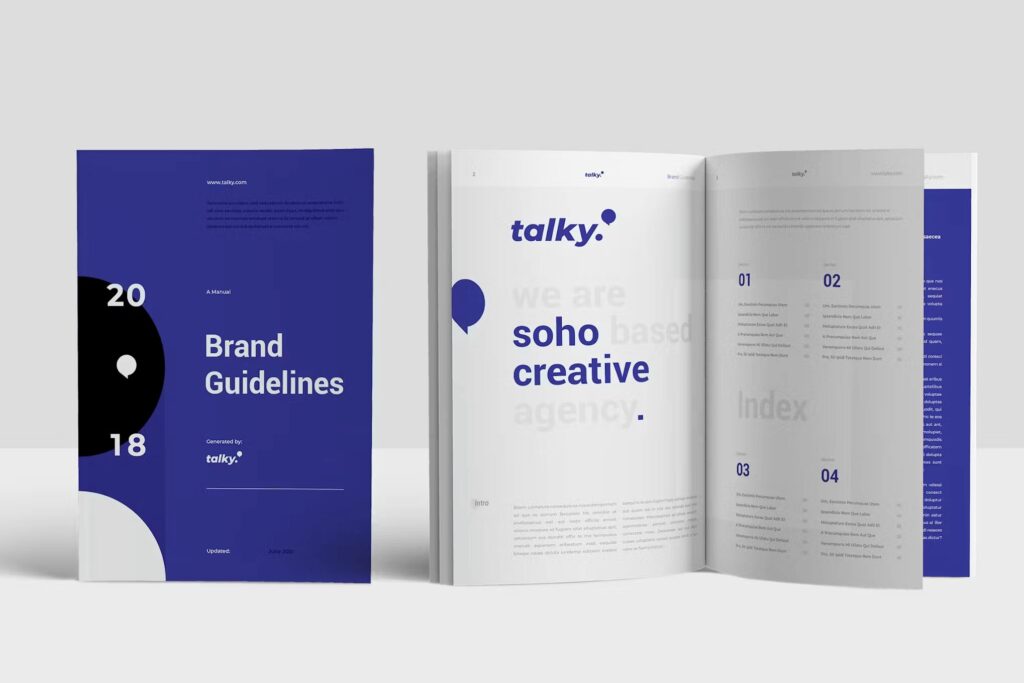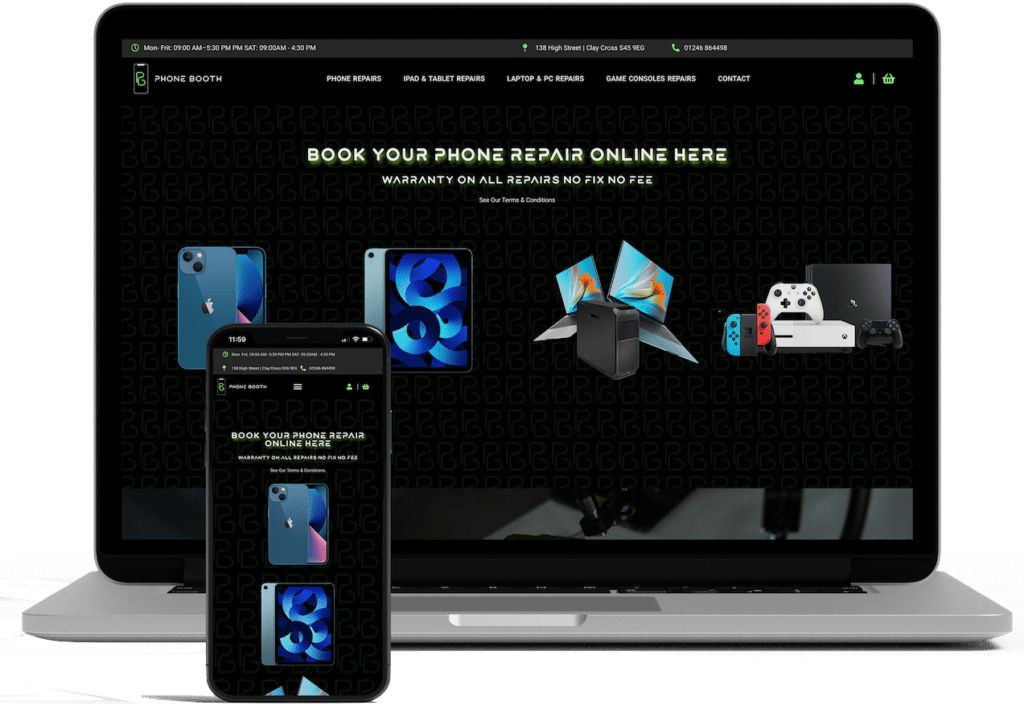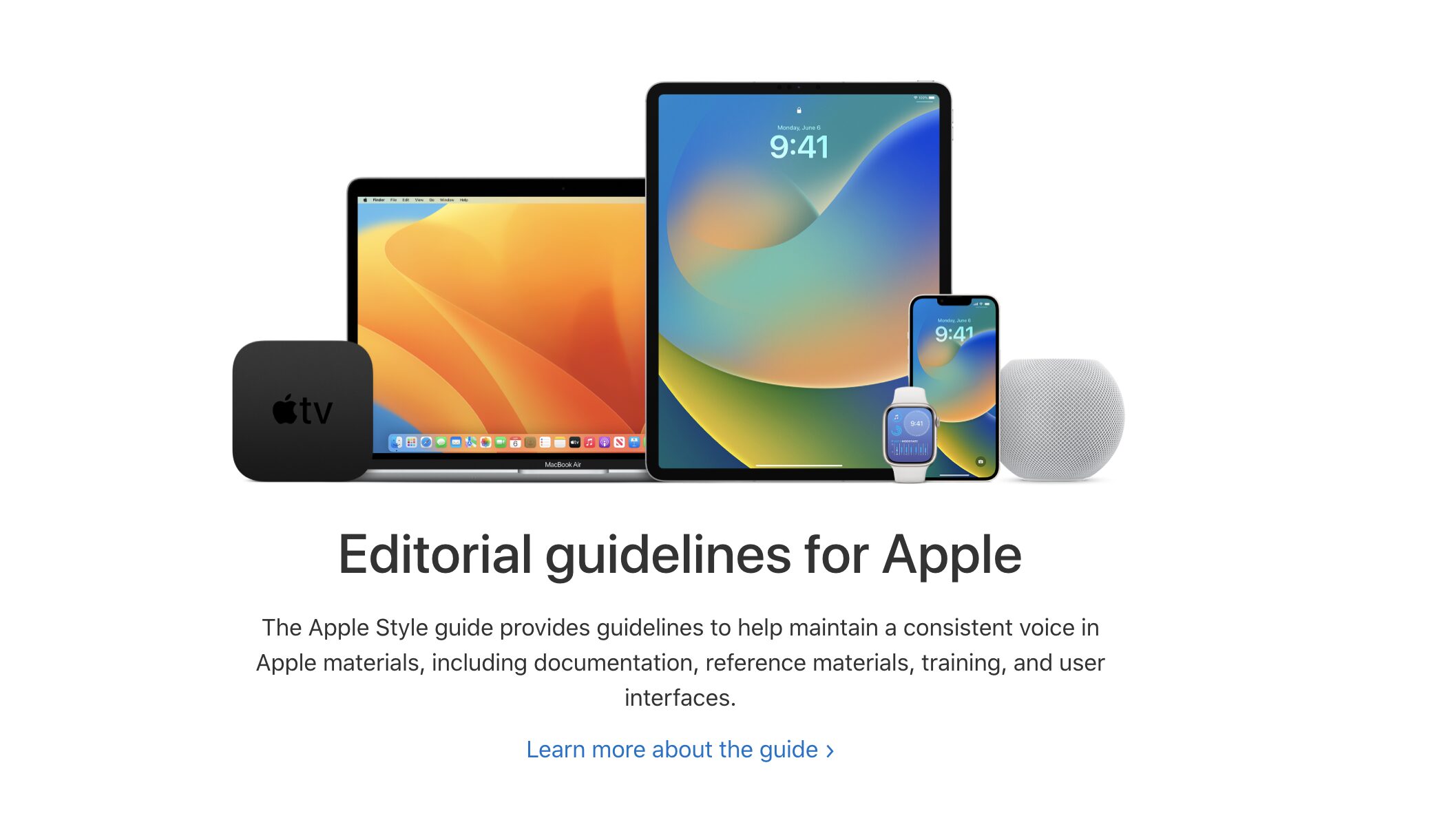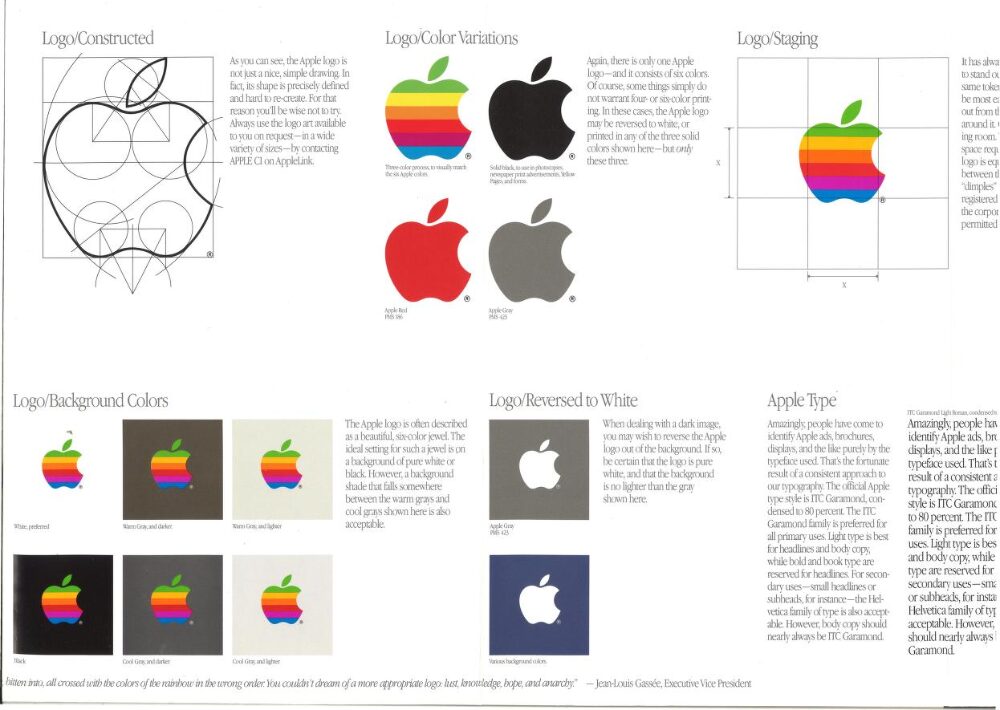
In the digital age, where every click and scroll matters, the fusion of branding and web design has never been more crucial. Your website is not just a virtual storefront; it’s a digital handshake, a first impression, and a brand ambassador all rolled into one.
In this blog, we delve into the art of weaving a compelling brand identity through effective web design, drawing on diverse perspectives to enrich your understanding and implementation.
Understanding the Interplay:
Branding and web design are two sides of the same coin. While branding defines your business’s personality, values, and promise, web design is the visual and functional manifestation of these elements.
A well-designed website reflects your brand’s ethos, strengthens its identity, and engages your target audience at a deeper level.

1. Consistency is King:
Ensure that your brand’s visual elements – logos, colours, typography – are consistent across all digital platforms. This uniformity reinforces brand recognition and fosters trust among your audience.

2. Functionality Meets Identity:
The functionality of your website should mirror your brand’s personality. Whether it’s an innovative navigation layout or a traditional, user-friendly interface, the functionality should communicate your brand’s ethos effectively.

3. Mobile Optimisation:
With a significant portion of internet traffic coming from mobile devices, a responsive design is non-negotiable. Ensure your site’s mobile version is as engaging and brand-cohesive as its desktop counterpart.
4. Brand Voice and Content:
Your website’s content should resonate with your brand’s voice. Whether it’s literal or metaphorical, respectful or irreverent, the tone of your content should consistently reflect your brand’s personality.

Apple’s branding strategy is a testament to the power of emotional branding and consistency. Known for its sleek designs and innovative technology, Apple has created a brand that resonates deeply with its customers. Their approach is not just about selling products; it’s about forming meaningful connections. This is evident in the way their products have become symbols of luxury and status. Apple’s consistent brand messaging across all platforms – from product design to advertising – has ensured their logo is synonymous with simplicity, elegance, and innovation.
Key Insights from Apple’s Approach

Design Philosophy:
Apple’s logo evolution signifies a journey from complexity to minimalism, mirroring its focus on simplicity and creativity.
Consistency and Emotional Engagement:
The consistency in Apple’s branding across various customer touchpoints has been crucial in embedding the brand in consumers’ minds. Apple’s focus on emotional branding, spearheaded by Steve Jobs, has transformed its products into luxury symbols, deeply embedding them in the emotional psyche of consumers.
In essence, Apple’s branding strategy combines a minimalistic design philosophy with consistent and emotionally engaging messaging, making it an exemplary model for effective brand building.

An effective website design that embodies your brand should adhere to a brand style guide and encompass a thorough brand strategy.
By incorporating elements like logos, color schemes, imagery, and typography, you can visually embody your company’s essence and convey its core psychological values, crafting a strong and impactful brand identity.
Consider what impressions and memories you want to leave with visitors when they browse your website. These considerations are essential and can be addressed with meticulous planning in website design.
But hey, if you don’t have the time or resources, hire a web design and branding expert like Presto Fox!
Or get an online free quote today!
Building a strong brand identity through web design is an artful blend of aesthetics, functionality, and strategic messaging. It’s about creating an online presence that resonates with your audience and stands out in the digital marketplace. By combining thoughtful design with SEO-friendly practices and social proof, you can craft a website that not only looks good but also tells your brand’s unique story in a compelling and memorable way.
Remember, your website is more than just an information portal; it’s the heart of your digital identity, a crucial tool in building and maintaining your brand’s presence in a competitive online world.
Web design plays a pivotal role in shaping your brand identity as it's the visual and functional representation of your brand's values, personality, and promise online. An effectively designed website not only makes a strong first impression but also serves as a brand ambassador, enhancing brand recognition and engagement with your target audience.
Key elements of brand-driven web design include consistency in visual elements (such as logos, colours, and typography), functionality that reflects the brand's personality, mobile optimisation to ensure accessibility across devices, and content that resonates with the brand's voice. These elements work together to create a cohesive and engaging online presence.
Consistency is crucial because it reinforces brand recognition and fosters trust among your audience. By maintaining uniformity in visual elements and messaging across all digital platforms, you strengthen your brand's identity and make it easier for your audience to remember and relate to your brand.
To ensure your website is optimised for mobile devices, adopt a responsive design that automatically adjusts content and layout to fit the screen size of the device being used. This includes simplifying menus, optimising images and media to load efficiently, and ensuring that interactive elements are touch-friendly.
Apple's branding and web design strategy highlights the importance of a minimalistic design philosophy, consistency across customer touchpoints, and emotional engagement. Apple successfully integrates its brand values of simplicity, elegance, and innovation into every aspect of its design and messaging, creating a deeply resonant and luxurious brand image. This approach underlines the effectiveness of combining aesthetics with strategic messaging to build a strong, emotionally engaging brand identity.